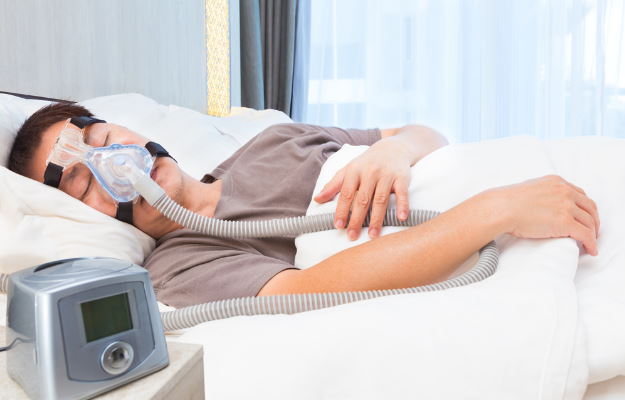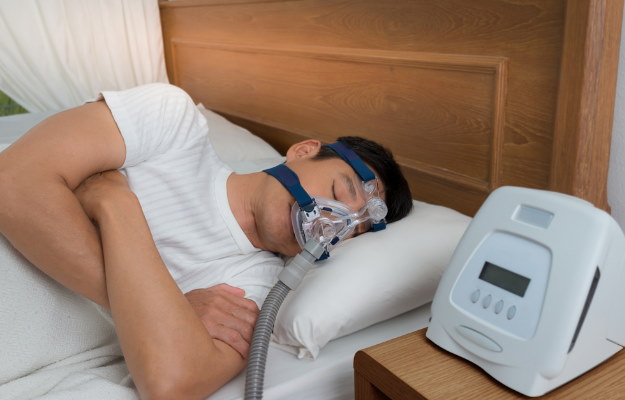What is sleep apnea?
Sleep apnea is a sleep disorder where your breathing repeatedly stops and starts while you are sleeping. Obstructive sleep apnea is a common condition where you begin to snore due to a blockage in the upper airway anywhere from the nose to the windpipe. Central sleep apnea is a condition where breathing signals are not sent by the brain to the breathing muscles. It is important to note that not all suffering from sleep apnea snore at night and vice versa.
Click on the link given here, to know in detail about the treatment of sleep disorders.

 Doctors for Sleep Apnea
Doctors for Sleep Apnea  OTC Medicines for Sleep Apnea
OTC Medicines for Sleep Apnea
 Sleep Apnea articles
Sleep Apnea articles
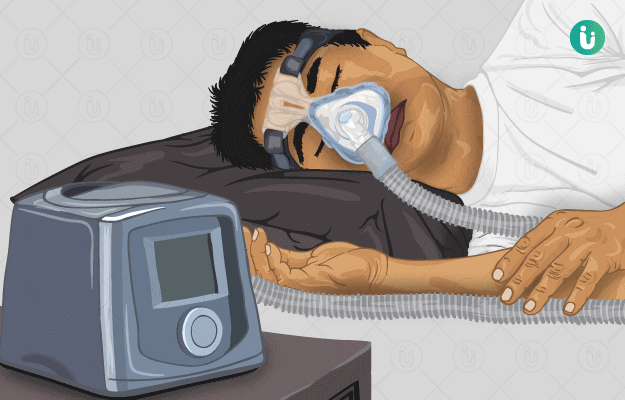





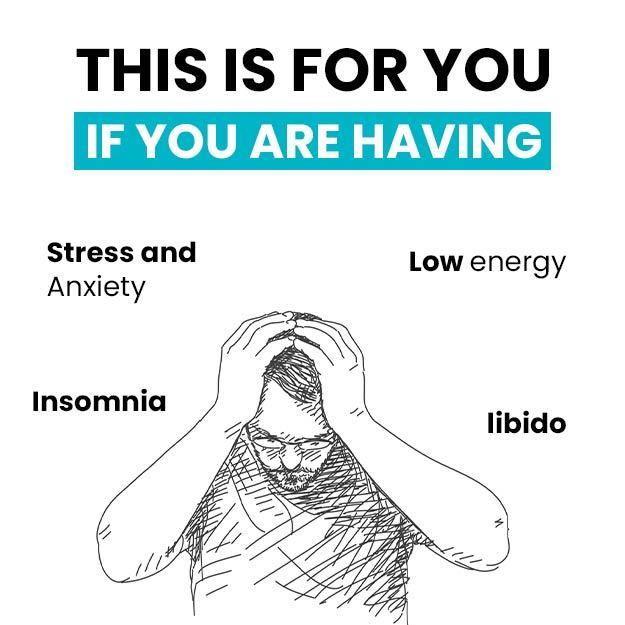
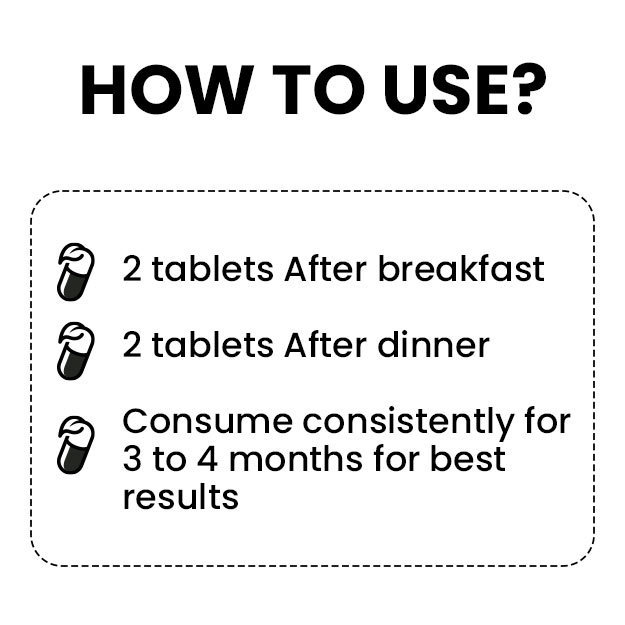
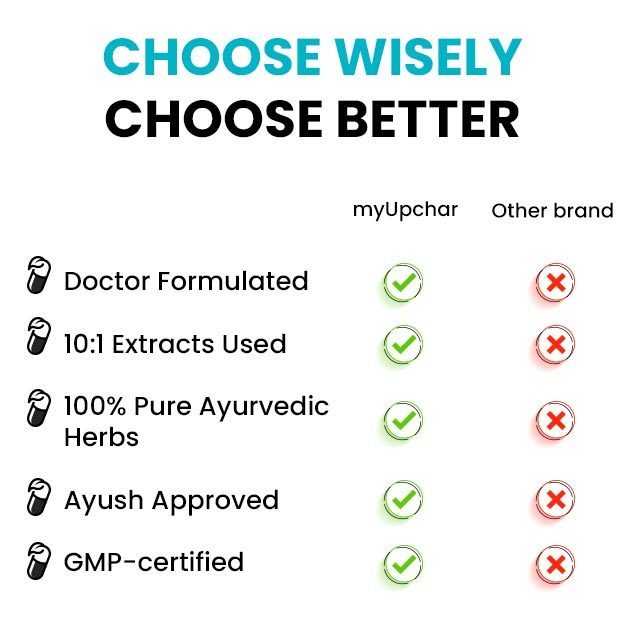


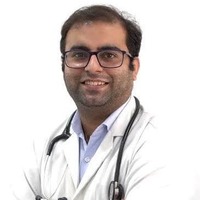
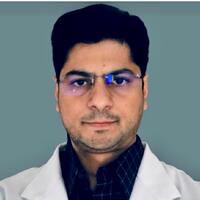


 Dr. Ayush Pandey
Dr. Ayush Pandey
